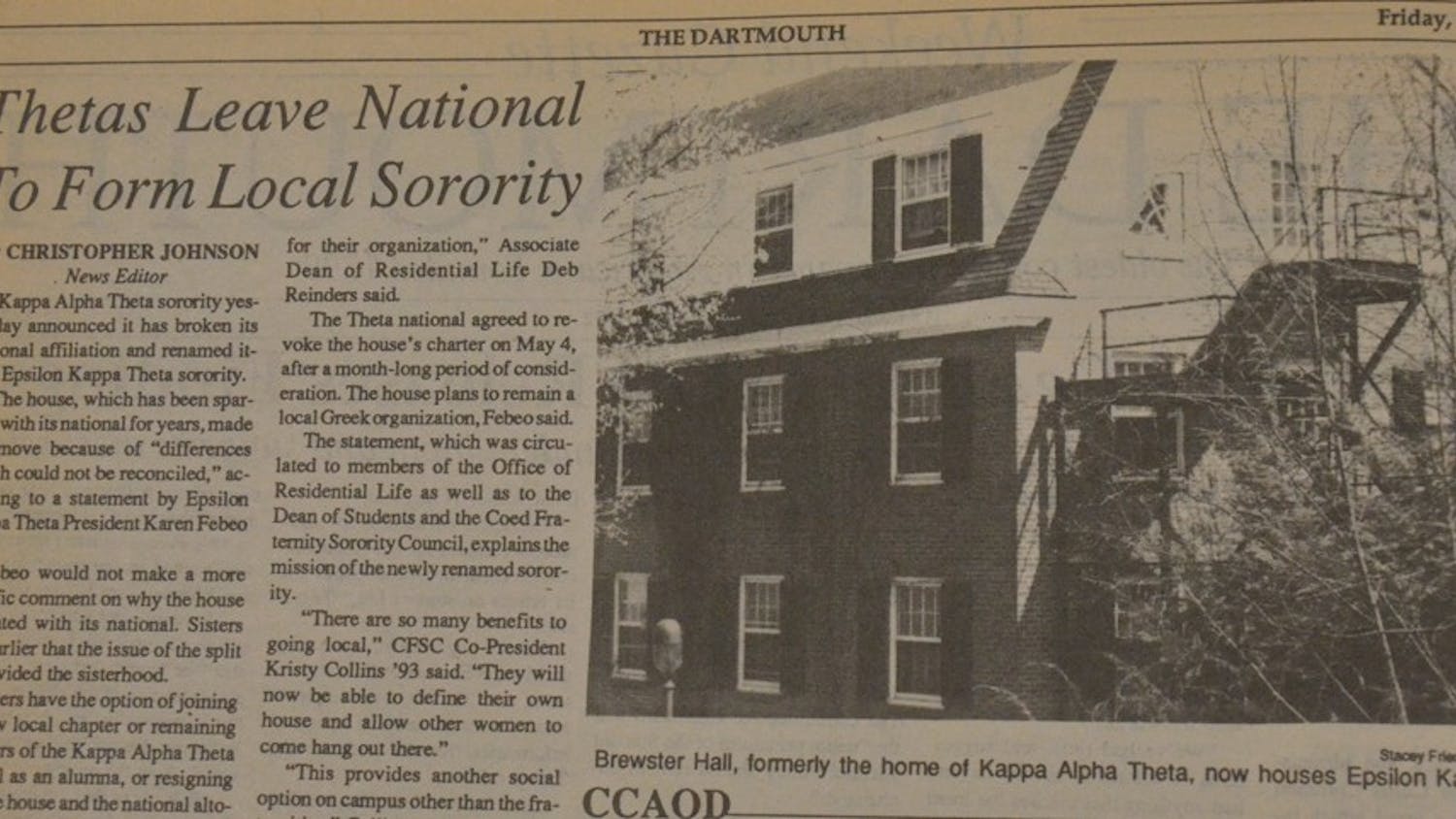Rush is coming to a close and for yet another year, glaring issues with women’s rush remain. Women’s rush has long entailed a condensed speed dating-like process in which “potential new members” talk to multiple sisters of the house for all houses in the first round. Though the rush process has long needed improvements, recent events have made this conversation even more relevant — namely, the loss of shakeout for Epsilon Kappa Theta sorority and the “drop” policy changes mid-process.
As recent as the fall of last year, EKT was forced to join the formal recruitment process after the Intersorority Council twice rejected their petition to host an individual “shake out” process. The ISC noted that this push was in an effort to make the process more “inclusive,” they said, but some EKT sisters instead found the process hard to adjust to and draining. As opposed to the ISC rush process, “shake out” events did not require registration and were therefore more economically accessible. Shakeout also entailed food, drinks and longer hours that fostered a more intimate and casual environment. By getting rid of shakeout, the ISC removed a form of rush that might have been more intimate and comfortable for both sisters and PNMs and also eliminated the sorority’s ability to choose their members in the way they see fit. In this and other ways, the ISC is prescribing rules that do not reflect the culture of the student body.
Additionally, the ISC recently announced a new policy that they later retracted less than two weeks after the policy was announced. The policy originally barred PNMs who had dropped the rush process during the fall from rushing again in the winter. Instead, PNMs who had dropped would now have to wait a full year before being able to rush again. This caused frustrations for the PNMs in the middle of the rush process. Additionally, these types of protocols may influence a PNM’s decision to rush at all so they should not be changed without notice. Control is not in the hands of the PNMs.
First-round rush parties are only 55 minutes and PNMs must talk to as many sisters as possible to receive a thorough evaluation. Female-identifying PNMs are on a rotating display for sisters to make snap judgements based on how they present themselves, which is most likely influenced by how well a student might handle pressure in those situations. This process is therefore not an entirely accurate reflection of who the PNM is as an individual. Perhaps there are instances where a PNM and a sister connect instantly, but given that each sister spends 5-10 minutes to interview each PNM, these cases would be the minority.
What should be done? No system for acquiring new members will ever truly break the cycle of a self-selecting organization. The ISC ought to have more transparency for the policies they enact in order for PNMs to understand how much weight is being given to their own preferences. This trend is not new; last year, AXiD president Lara Balick ’19 told The Dartmouth that PNMs felt frustrated from a lack of autonomy in their choices and callbacks and cited a lack of transparency in the process as the source.
A clear understanding of the process will also position students to give their recommendations for policy changes. Should a house want to use shakeout, it should be free to do so. Processes like shakeout may be more effective for PNMs and sisters to get to know each other in a less pressurized environment and the type of community the house offers. The ISC should thoroughly reexamine rush and consider changes that grant such agency to both sides.
A critique of the rush process should not be misconstrued as a critique of the Greek system. The strongest argument for involvement in the Greek system is the sense of community that a participant may find. This is especially true with the D-Plan, which creates stress on long-distance friendships and frequently changing dorms; if one is involved in a Greek house, they have a “home base” that otherwise is difficult to find in Hanover. Yet the process to become a member of these communities doesn’t reflect the welcoming space that they claim to occupy. The Intersorority Council’s policies should reflect its mission. Currently, they do not.
These issues have persisted year after year and improvements have not been made. Last year, this Editorial Board advocated for changes in measures that return choice to female PNMs. Unfortunately, it still remains the case that the rush process lacks transparency and fair, consistent rules that centers PNMs. The rush process needs transparency and fair, consistent rules that give the control to the PNMs.
The editorial board consists of the opinion editors, the executive editor and the editor-in-chief.



